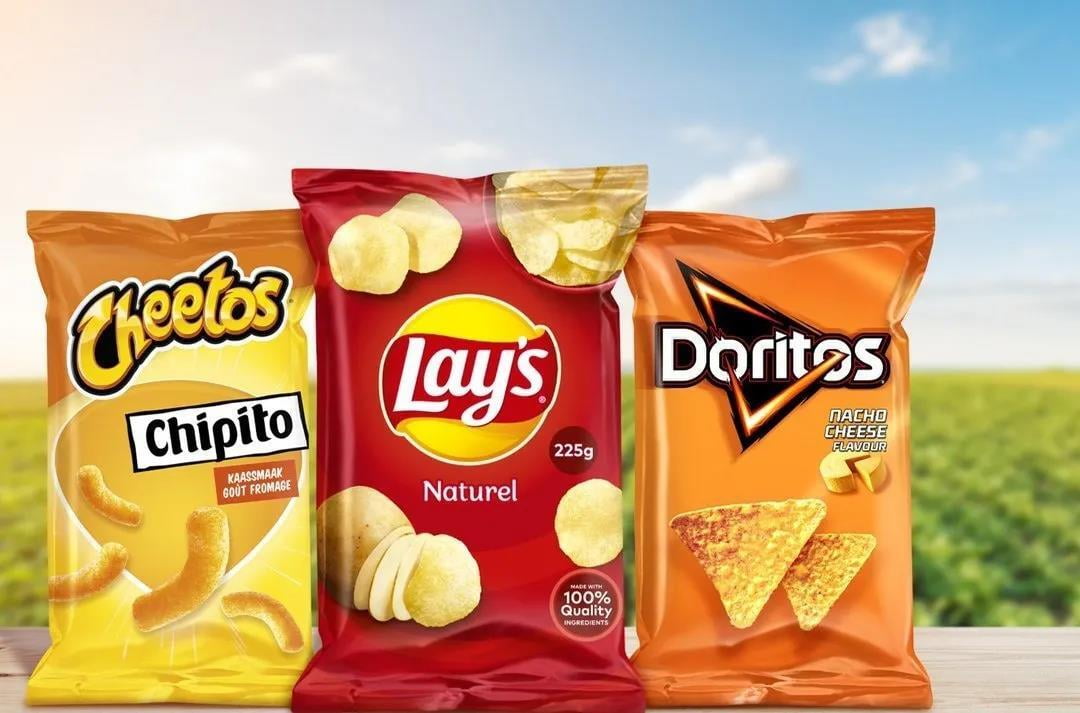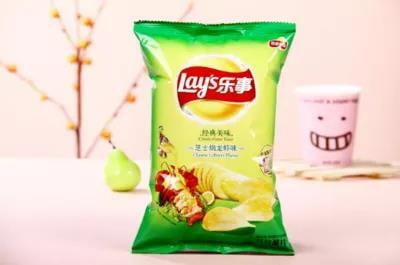On Jan. 25, PepsiCo announced that it will use 100 percent recycled or recyclable plastic in all of its fried crisp packaging by 2030, which will apply to all brands including Walkers, Doritos and Lay's.
The announcement follows the launch of the company's sustainability strategy, PepsiCo Positive+. For its potato chip line, the goal will include eliminating virgin fossil plastics, which the company claims could reduce the greenhouse gases (GHG) associated with its film packaging by 40 percent per ton of packaging material.

PepsiCo said it will start rolling out new packaging for the European market in 2022. The first step is to incorporate renewable plastics into the Ritz range in France, while some Walkers-branded packaging will trial recycled content in the UK.
Previously, Pepsi had used PLA for compostable packaging and was certified compostable by the Biodegradable Products Institute (BPI) for industrial facilities. The material for these bags produces 60 percent less greenhouse gas emissions (GHG) than non-compostable snack bags and uses 48 percent less energy to make the bag material.
Silviu Popovici, CEO of PepsiCo Europe, explains: "Flexible packaging recycling should become the norm across Europe. We see a future where our bags will be free of virgin fossil plastics. They will be part of a thriving circular economy where flexible packaging is valued and can be recycled as new packaging."
PepsiCo says it currently uses flexible plastic in its snack packaging because the light weight means it has a lower carbon footprint compared to alternative packaging and keeps food fresh. The focus will therefore be on developing the design and infrastructure of the company's flexible packaging to improve environmental outcomes.
The new crisp bag design will reportedly contain a greater percentage of recyclable plastics, such as polypropylene (PP), to help create a material mono-material structure. The company intends for these products to meet the recycling guidelines established by the Circular Economy of Flexible Packaging (CEFLEX).

In addition, PepsiCo will apparently collaborate and fund the development of effective waste collection systems in Europe. The company said it will invest in programs such as the Flexible Plastics Fund in the U.K. and REFLEX in Poland, while planning to "rapidly adopt" extended producer responsibility (EPR) in Europe to promote the collection, sorting and recycling of flexible films.
The company also previously pledged to phase out all virgin plastic from its Pepsi brand of plastic bottles by 2022.

